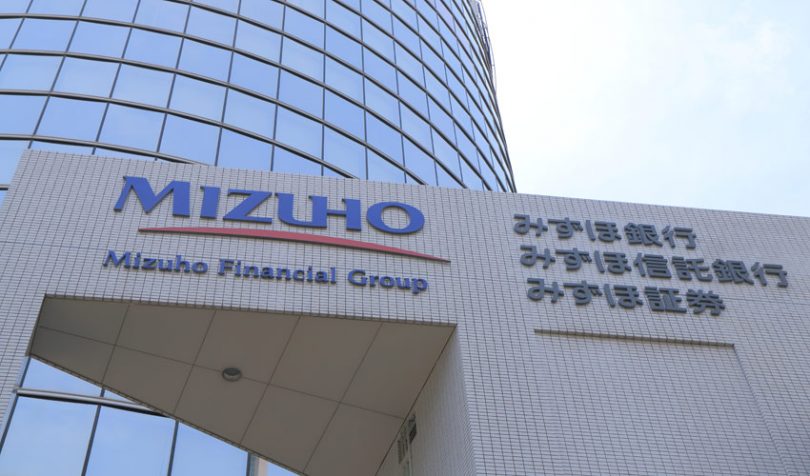Japan’s Mizuho Financial Group started testing virtual currencies in 2016. The recent news is that it set a launch date of March for its J-Coin digital currency project and the bank is partnering with 60 other banks according to Nikkei Asia. Separately Mitsubishi UFJ Financial Group announced its MUFG Coin in early 2016 with the intention of unveiling it in 2019. The question is whether it will join the J-Coin consortium. The timing is no coincidence as Japan prepares for the 2020 Summer Olympics in Tokyo.
In Japan, the vast majority of retail payments are still in cash with estimates ranging from 65%-80%. Come summer 2020 a deluge of foreigners visiting for the Olympics, particularly from Asia, will expect to pay digitally. Mizuho is partnering with “regional” banks, not just Japanese banks.
Additionally, earlier this year the big three Japanese banks, Sumitomo Mitsui Financial, Mizuho Financial and Mitsubishi UFJ Financial, settled on a standard for QR codes for cashless transactions.
Alipay threat
In September Chinese payment giant Alipay actively courted Japanese partners. “The Tokyo Olympics and the hike in visitors that this will bring is a good target for us, to ensure that the Alipay platform is the bridge between inbound visitors and local merchants here in Japan,” said Eric Jing, Chairman and CEO of Ant Financial. It already has a presence in all 47 Japanese prefectures, but it’s keen to expand its reach to more outlets.
Alipay had more than 700 million active users in China at the end of the third quarter. At the end of June, its primary competitor WeChat Pay had 800 million active users, but this figure is monthly active users compared to Alipay’s annual statistic.
Mizuho
The J-coin, Mizuho’s initiative, is a digital currency where one coin represents one Yen. According to the Nikkei report, users will not be charged for transferring funds between their smartphone and bank accounts or sending money. And retailers won’t be charged for depositing the digital currency into their corporate accounts. Moving to a more cashless society is expected to save Japanese banks billions a year.
In April 2016 Mizhuho announced it was working with IBM for blockchain trade transactions. In June it extended the relationship to explore blockchain for virtual currencies and settlement. Later that year Mizuho agreed to create a new company with Metaps and Wil for a Digital Wallet.
The digital wallet app was named “pring,” and the proof of concept started testing in October 2017. Around the same time, the Financial Times reported that the Japanese Central Bank had approved the project. Until the revelation about the March launch, it’s been quiet about developments.
MUFG
By March of 2016, before Mizuho’s announcement, Mitsubishi was already testing multiple digital coins. It envisioned the MUFG Coin as having large-scale commercial potential but also scope for retail payments. It also trialed a separate currency reward system for employees within MUFG.
In May 2018 MUFG announced it had partnered with Akamai Technologies for blockchain technology to process a million transactions per second with transactions finalized in under two seconds. And in October it demonstrated MUFG Coin at the CREATEC Japan event.
Between Mizhuho, MUFG and Alipay doubtless there will be several more mobile payment options available to Japanese customers in the coming year.







